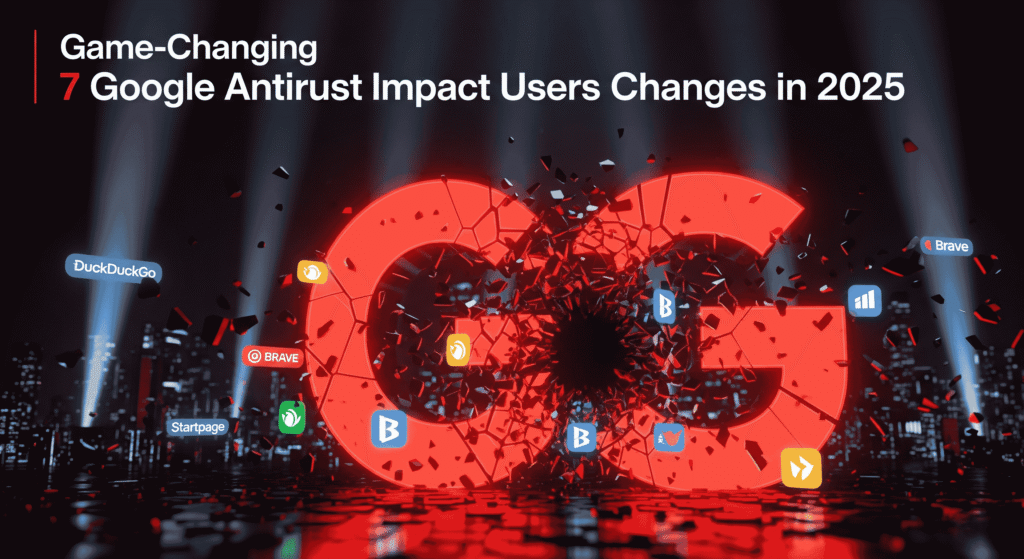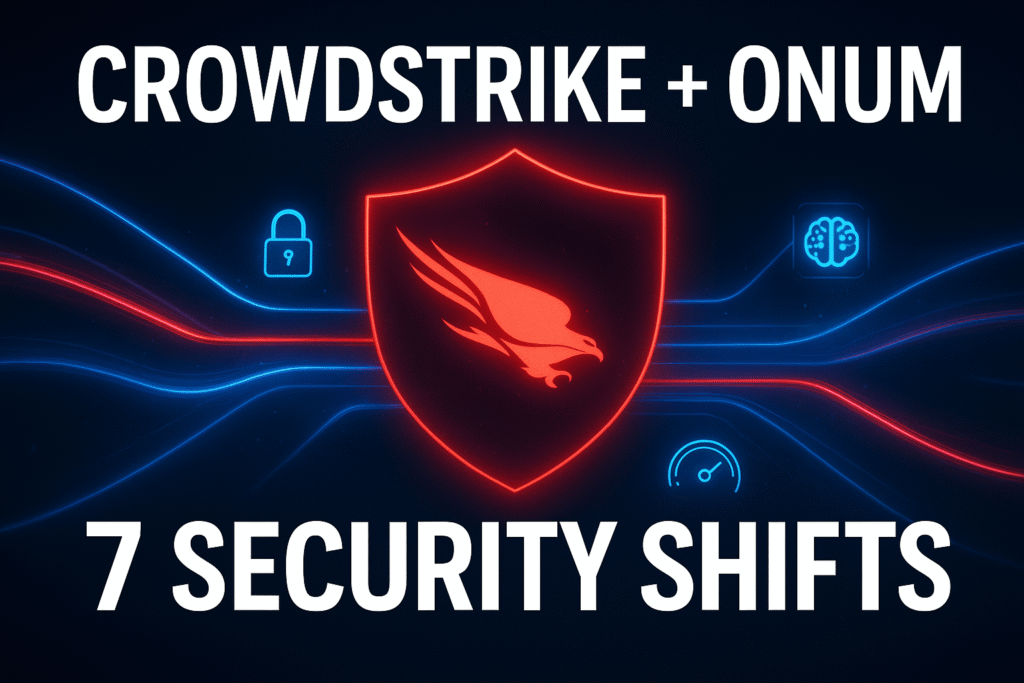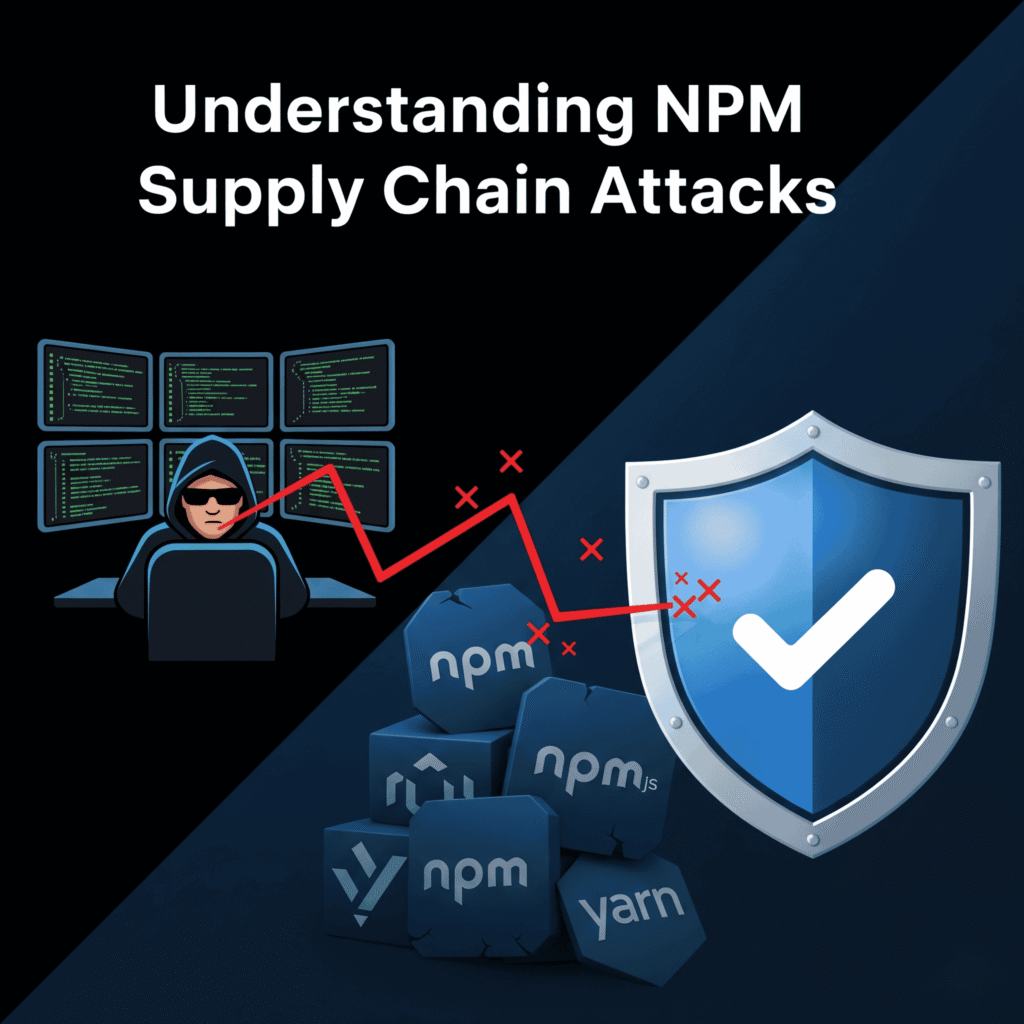When you searched for ‘Google antitrust ruling impact users’ at midnight, you weren’t looking for legal jargon—you needed to understand how this historic decision affects your daily digital life. Meet Sarah, a small business owner who just discovered why this September 2025 ruling matters more than any tech news in decades…
The Bottom Line: What September 2025 Data Reveals About Google Antitrust Ruling Impact Users
A federal judge ruled that Google can keep Chrome browser but must end exclusive search distribution deals, creating the biggest shift in search competition since Google’s rise to dominance. Google stock jumped 8% after avoiding worst-case penalties in the antitrust case, but the real winners might be everyday users like you.
The Avoidance Path: When users ignored antitrust implications in the past, they unknowingly accepted limited choices, reduced privacy options, and monopolistic control over their digital experiences—until now.
How Google Antitrust Ruling Impact Users Actually Changes Your World in 2025
Google can no longer enter into exclusive distribution deals to make its search engine or Gemini AI technology the default option on phones and other devices, and must share search data with competitors. This means your smartphone, tablet, and computer will soon offer genuine choice in search engines for the first time in over a decade.
Google expressed concerns about how these requirements will impact users and their privacy, but the ruling opens doors for privacy-focused alternatives like DuckDuckGo, Startpage, and emerging AI-powered search engines to compete on equal footing.
Your 7-Step Action Plan: Maximizing Google Antitrust Ruling Impact Users Benefits

- Google Antitrust Ruling Impact Users Foundation: Prepare for device updates that will offer search engine selection screens when setting up new devices or updating existing ones.
- Search Engine Privacy Implementation: Research alternative search engines now—test DuckDuckGo for privacy, Bing for Microsoft integration, or Brave Search for ad-blocking features.
- Data Sharing Optimization: Judge required Google to share search data with rival firms, which means competitor search engines will improve rapidly with access to previously exclusive insights.
- Default Settings Audit: Review your current browser and device default search settings—you’ll soon have more control over these choices.
- Competition Monitoring: Watch for new search engines and AI assistants entering the market now that Google’s exclusive deals are banned.
- Privacy Policy Updates: Expect privacy policy changes across all search platforms as competition intensifies and data sharing requirements take effect.
- Bookmark Preparation: Create bookmarks for multiple search engines to test which delivers better results for your specific needs.
Frequently Asked Questions About Google Antitrust Ruling Impact Users
How will the Google antitrust ruling impact users’ search experience immediately?
The court barred Google from entering or maintaining exclusive distribution agreements for Google Search, Chrome, Google Assistant, and Gemini, meaning you’ll see more search engine options on new devices and operating system updates within months, not years.
Sarah’s Two-Path Discovery: The 7 Critical Decisions
The Advantage Path: When Sarah embraced the Google antitrust ruling impact users changes…
- Search Engine Competition: She discovered that alternative engines now access better data, improving search quality and reducing her reliance on Google’s algorithm bias.
- Privacy Protection Enhanced: Increased consumer choices made internet search users more aware of privacy policies of different engines, helping her make informed decisions about data sharing.
- AI Assistant Alternatives: With exclusive Gemini AI deals banned, she gained access to competing AI assistants with different strengths and privacy approaches.
What does Google having to share search data mean for everyday users?
Google must share data with competitors in an order aimed at ameliorating its dominance in internet search, which means rival search engines will improve their results quality, giving you better alternatives with potentially superior privacy protection and specialized features.
Will the Google antitrust ruling impact users who prefer Google services?
The emergence of GenAI changed the course of this case, and Google can still offer its services—you just won’t be locked into using them by default. You’ll gain the power to choose while still accessing Google if it truly serves you best.
The Verdict: Why Google Antitrust Ruling Impact Users Matters More in 2025
Sarah’s journey from monopoly acceptance to choice empowerment mirrors what millions of users will experience. Google will appeal the 2024 finding, meaning final resolution could take until 2026 or 2027, but the immediate changes start now.
The transformation isn’t just about search engines—it’s about reclaiming your digital autonomy, protecting your privacy, and accessing innovation that competition brings. For the first time in over a decade, your choices matter again.
Essential Resource: For deeper insights into antitrust implications, check out the Department of Justice’s official antitrust guidance for consumers navigating these historic changes.
To read more news about cybersecurity click here




